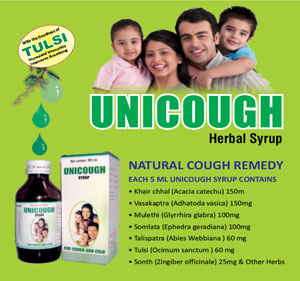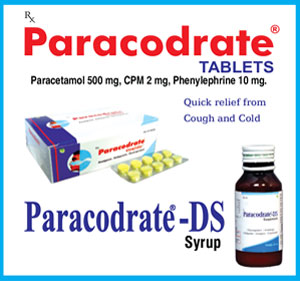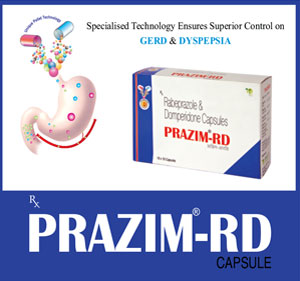
How to Follow a SUGAR FREE DIET.....
A sugar-free diet (or no-sugar diet) is one that typically limits all sources of added sugar (like soda, snack bars and desserts, for example) and hidden sugar foods, and it sometimes also encourages a reduction in high-carbohydrate foods (like grains or fruits) that can still be healthy but do contain natural sugars.
There is not just one way to eat a low-sugar diet, but rather a variety of different plans depending on your goals and preferences. You might choose to eliminate basically all sources of sugar from your diet, including things like fruit and even some veggies, or to only eliminate sweetened processed foods that are high in empty calories. Either way, there are lots of benefits to consuming more satisfying, nourishing foods in place of sugar, such as lean proteins and healthy fats.
Another perk is that most low-sugar or sugar-free diets do not require calorie counting, since eliminating processed foods is usually enough to produce results on its own.
Some of the BENEFITS reducing your sugar intake in place of eating more whole foods include:
- - Help with losing weight and preventing obesity.
- - Lowdred risk for type 2 diabetes or prediabetes.
- - Gaining more energy.
- - Having more stable moods.
- - Reduced risk for inflammatory digestive conditions, such as irritable bowel disease (IBD), Crohn's disease, candida, IBS and intolerance to wheat/gluten or FODMAP foods many also notice less constipation, diarrhoea, stomach bloating or acid reflux.
- - When sugar contrinutes to obisity, a sugar-free diet lowers risk for conditions related to metabolic syndrome, such atherosclerosis, hypertension and heart disease.
- - Possibly less risk for cancer.
- - Protection against fatty liver disease.
- - Better protection against other common conditions related to inflammation, weight gain and nutrient deficiencies like hemorrhoids, kidney stones, peptic ulcer, PMS, autoimmune diseases, polycystic ovarian syndrome and neurological disease like dementia or Alzheimer's disease.

Why is a high-sugar diet bad for you ?
Sugar can change the gut microbiotia in a way that increases intestinal permeability, increasing inflammation. It can also contribute to overeating and obesity, causing many negative changes in the body. Eating a low-sugar, low-glycemic index diet can help balance your blood sugar levels throughout the day, prevent insulin resistance (one long-term effect of a high-sugar diet), protect you from fatty liver disease and heart disease, control your appetite and keep you fuller and energized for longer.
How to cut out sugar (Sugar Detox Tips) :
Read ingredient labels carefully so you know exactly what's in the food you consume. This is especially important when buying or using "sneaky" sugary foods like condiments, sauces, canned foods, beverages etc.
To keep your appetite in check, aim to get about 35-40 grams of fiber per day. Start by consuming more high-fiber foods like fresh vegetables and nuts and seeds, such as chia seeds and flaxseeds..
Drink enough water to help with digestion and elimination. Aim to have about eight glasses per day.
If you do need to sweeten foods, try stevia first (rather than artificial sweetners). If you can't stand the taste of stevia, in small amounts you may want to use some natural sweeteners from time to time, such as raw honey, blackstrap molasses, dates or pureed fruit (like bananas or apples).
Also avoid too much caffeine or alcohol. Many mixed drinks tend to be high in sugar and calories, plus alcohol can spike your appetite and cause cravings.
Even if the food is low in sugar/carbs, try to limit packaged foods from your diet that are highly processed and very salty. Additionally, replace fast foods and fried foods with healthier options you can cook at home. This way you can control the ingredients.








